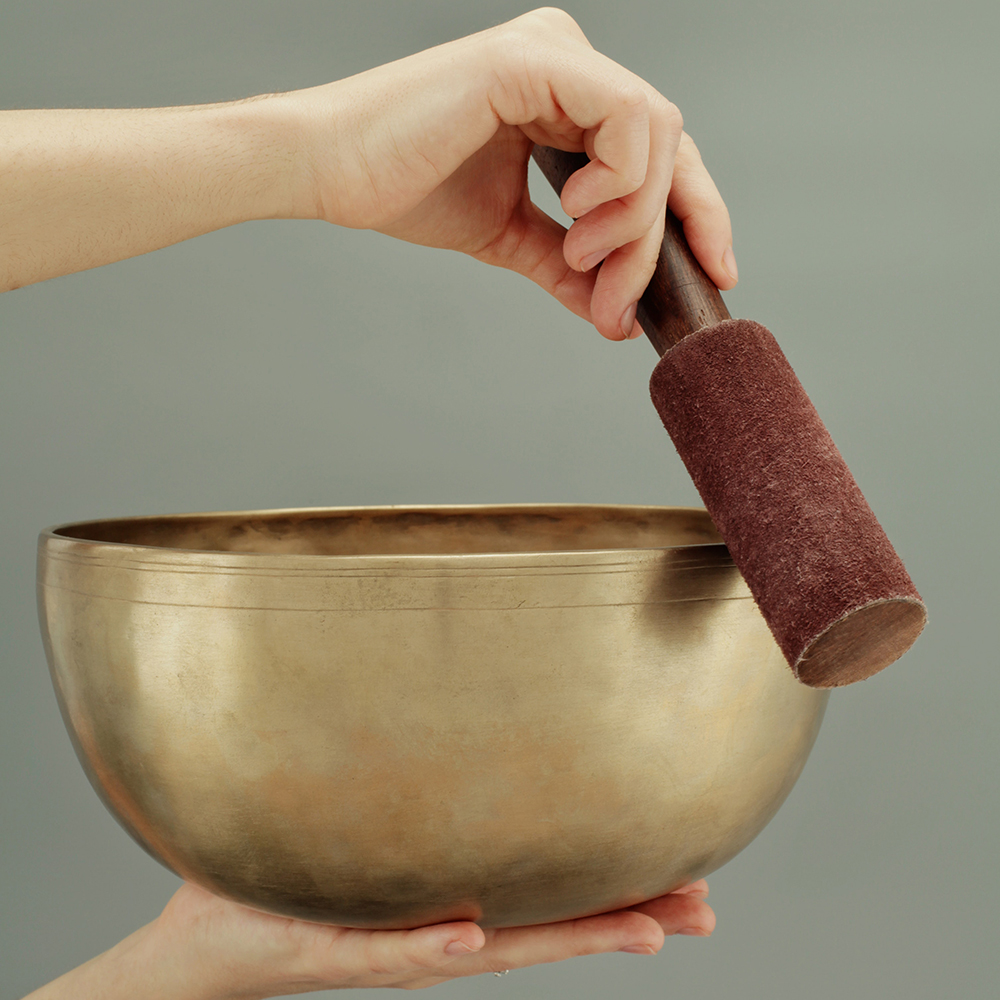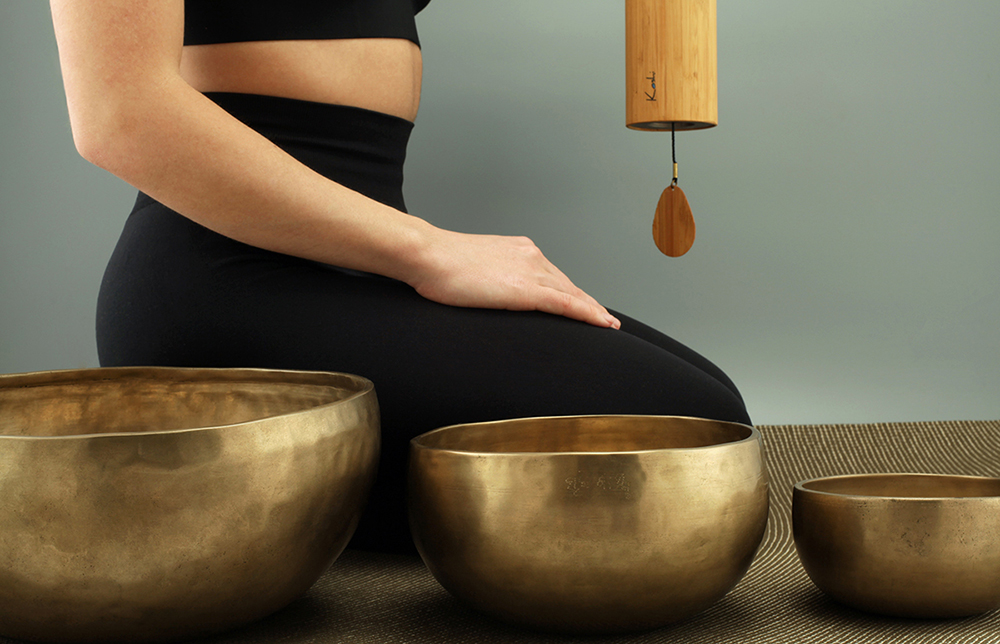
Whenever I see a new patient in my integrative medical practice one of the first questions I ask them is “Do you believe you can get better?”
At our integrative center we are often people’s last resort. They have been to several Western doctors and specialists without any solution. Most are avid researchers as well, and have read every article on Google about their condition or symptoms, which only left them more confused. We were their last hope– no pressure!
I ask this particular question, because I know that someone’s belief about their condition will ultimately override any protocol I could give them. Often when people have been to several doctors they have received a very definitive diagnosis. They’ve been told that this condition will never get better, or will only be manageable with medication or an operation.
Often they are told that there is nothing more that they can do, and this is something that they must learn to live with. People would walk into our office full of eagerness, but also full of doubt based on their previous experiences. My first job as a practitioner was to change their mindset from one of disappointment and fear, to one of hope and confidence.
A Mindset for Healing

When it comes to healing there are many important factors. Nutrition, sleep, hormones, detoxing, exercise, and gut health are all vitally important. But the most essential factor to healing, is the mind. One’s energy, stress levels, attitude, and beliefs will have a far greater impact on their health and longevity than anything else.
I’ve had patients that do everything right. They eat perfectly, detox, take all the right supplements, and get enough sleep. But they are still sick because they refuse to work on their mind. Whereas I have had patients whose nutrition is seriously lacking, they function on little sleep, and can get away with all sorts of inflammatory foods and drinks. Those patients also happen to be positive, happy, and full of gratitude and despite their lack of nutrition they are as healthy as can be. Their mind is healthy, therefore so is their body.
The Placebo Effect
This concept can be clearly understood scientifically by looking at the placebo effect. The classic example is someone being told that they are taking a drug to alleviate or control a particular symptom, for instance high blood pressure. But instead of being given the actual drug they are given a sugar pill. Yet because the patient believes that they are being given real medication, their blood pressure goes down anyway.
There is also such a thing as the nocebo effect. This is when a patient is given negative expectations about a treatment, and as a result the patient experiences a more negative outcome. This could be a negative prognosis or being told they are more likely to experience side effects from taking a certain medication. In both cases the patient’s health tends to decline, or they experience abnormal side effects.
This is good and bad news. The good news is that the power of positive belief has been proven to change your body’s biochemistry. The bad news is that it’s easy to fall into the nocebo effect when you are constantly researching your condition on Google. You could have a mild cold, but once you go down the research rabbit hole of symptoms, you may convince yourself that you have a terrible virus. Next thing you know that mild cold turns into a flu, all because of the power of suggestion. The body responds to what the mind believes. Learning how to control what you believe is the healthiest thing you can do for yourself.
Understanding this concept is easy, but actually taking the steps to changing your mindset can be challenging. It requires a commitment to go deep and do the work every day. If you are ready to adopt the mindset you need to heal, here are a few tools to get you started.
Therapy

Everyone can benefit from therapy. Having a therapist to talk to on a weekly basis can help improve your overall state of mind. Therapy is especially important if you’ve experienced past trauma. Which if you’ve lived life, you probably have some trauma from your past that needs to heal. The concept of “issues in your tissues” is in fact, a real thing. Trauma leaves an imprint in your nervous system that can affect everything from your immune system, digestion, nerve health, and even your hormones. Many chronic conditions that people experience today can be linked back to trauma that occurred decades ago.
By working with a qualified therapist to help unwind and heal the impact of this trauma, the nervous system will begin to reset, allowing your body to heal. Acupuncture is also an excellent therapy to help with post traumatic stress disorder (PTSD), and can do wonders paired with a good therapist. Keep in mind that there are many different types of therapists out there and the most important factor is to find one that resonates with you. If you want to learn more about how trauma affects the body I would encourage you to read the book The Body Keeps the Score: Brain, Mind, and Body in the Healing of Trauma by Bessel van der Kolk M.D..
Meditation
One of the best ways to get your mind right on a daily basis is to meditate. There are many different types of meditation styles to choose from, all of them are beneficial. The art of meditation is to focus your mind and slow your breath. Physically, a daily meditation practice can help to calm your nervous system, balance the brain, enhance your immune system, reduce pain, and can improve digestive health.
More importantly, meditation over time can help to create a more calm and positive mindset. If you are new to meditation, find a guided or mantra meditation that resonates with you and start with just 10 minutes a day. Ideally you would meditate in the morning to prepare your mind for the day, but any time that you can fit it in is the best time!
Gratitude
An attitude of gratitude keeps your mind and your cells happy. Admittedly our brains are not designed for gratitude. We are purposely designed to look for and focus on the negative. This is a built in protective mechanism passed on from our primal brain to keep us safe. Inherently, gratitude does not come naturally to us.
We have to make an effort to consciously look for the good all around us. Having a daily gratitude practice where you write down 5 or more things that you are grateful for that day will help not only shift your energy in that moment, but will also help you rewire your brain for gratitude.
Our nervous system likes patterns. When you adopt a daily gratitude practice you are instilling a new pattern and training your brain to find more things to be grateful for. This practice will not only lift your mood, but is also extremely healing for your body. Some of the health benefits of gratitude include improving the quality of your sleep, increasing energy, reducing stress and cortisol levels, and supporting your immune system. Not to mention that gratitude is one of the best ways to alleviate depression and anxiety.
Distraction
One of the biggest mental blocks that hinders us from healing is our own obsession with our illness. The constant focusing on what’s wrong with us can keep us stuck in a negative, depressed mindset. What you resist persists. In other words, the more attention you give to noticing every symptom, the more you are mentally reinforcing that you are unwell.
This can be a difficult concept to swallow when you have a chronic illness. Your natural instinct is to focus on your condition in order to get better. But dwelling on articles, participating in forums, and constantly obsessing about your health can keep you trapped in a fear mindset. While it is important to be your own health advocate and keep yourself informed, you also need to take a mental break and focus on other areas.
Watch a movie, learn a new hobby, read a fun book. Engaging in a creative project is one of the best ways to distract yourself. When you are focused on something else you disrupt that fear based mindset, your nervous system relaxes, and your body will naturally begin to bring itself into balance. As much as it’s important to pay attention to your body, it’s just as important to find something to take your mind off your health from time to time.
Music

Music is healing on so many levels. For one, the actual frequency of music (especially happy music) helps to physically heal the body on a cellular level. The vibration of music causes the release of neurotransmitters in the brain, enhances cognitive function, increases are ability to memorize and focus, and can dramatically reduce stress. It’s excellent for cardiovascular health helping to reduce high blood pressure, and aiding in stroke recovery.
Music also helps reduce pain levels in the body as it triggers the release of opioids in the brain, which are our natural pain relievers. The best part about music, of course, is that it makes you happy. Music can actually release dopamine in the brain giving you that euphoric endorphin high when you are listening to a song you love. Just one song can literally change the biochemistry of your body and completely lift your mood.
The takeaway here is to listen to more music. Start your day with your favorite tunes. Whenever you are stressed or overwhelmed take a 3 minute song break. Music should be just as much a part of your healing routine as eating healthy foods.
Continue the Journey
Your mind and beliefs are not going to change overnight. This requires dedication and practice on a daily basis. Don’t expect it to be easy. As much as these practices make you feel good, you’ll be surprised at how much resistance you have towards doing them. But if you are serious about healing, focusing on your mindset is one of the most important things you can do. Keep in mind that the only price you’ll pay for putting in the mental work is a happier and healthier life.
